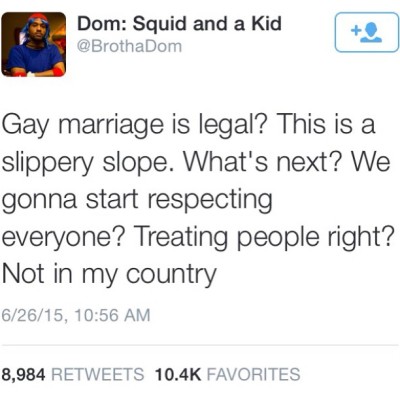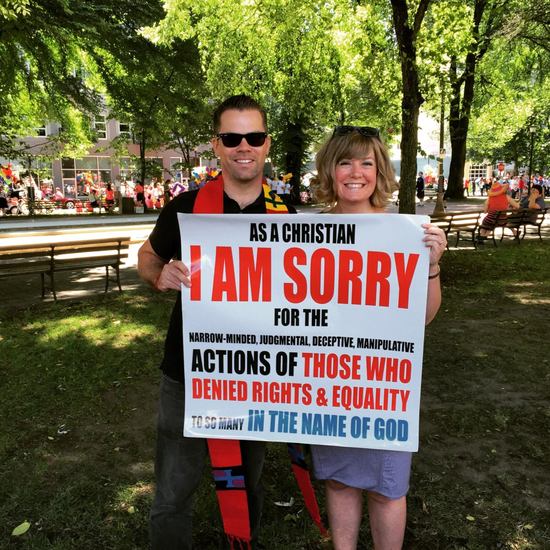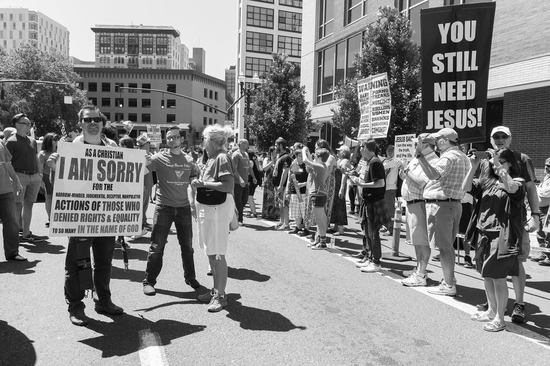invisible
On Holiday
- MBTI
- none
it always surprises me how saturated with hatred people can be. people can come to know me as a person, see into my mind, and find that the contents of my mind are basically clear, coherent, decent, considerate. certain people could see me as perhaps altruistic, educated, intelligent. but when it comes to my ability to love someone, to have access to participation in legal and cultural institutions that will recognise the validity of my love, they reject this. they see me as a human being, yet they refuse to validate my ability to truly love and respect another person. the hatred that fills them is more important to them than whether or not they recognise me as a complete human being. it is so saddening and it causes me sadness that anyone could see the outcome that is described in the OP as being an undesirable outcome. i am always trying to be respectful of the beliefs of others, but i am not sure of how i should relate to such a person who can disqualify the validity of my personhood in such a rejecting way. this is a great challenge for me in life. i think that it is always best to try to be kind and understanding and to embrace people for who they are, the good parts, just as far as you can, and this is what i should try to do. and maybe that is the approach that those people attempt to take towards me too.








